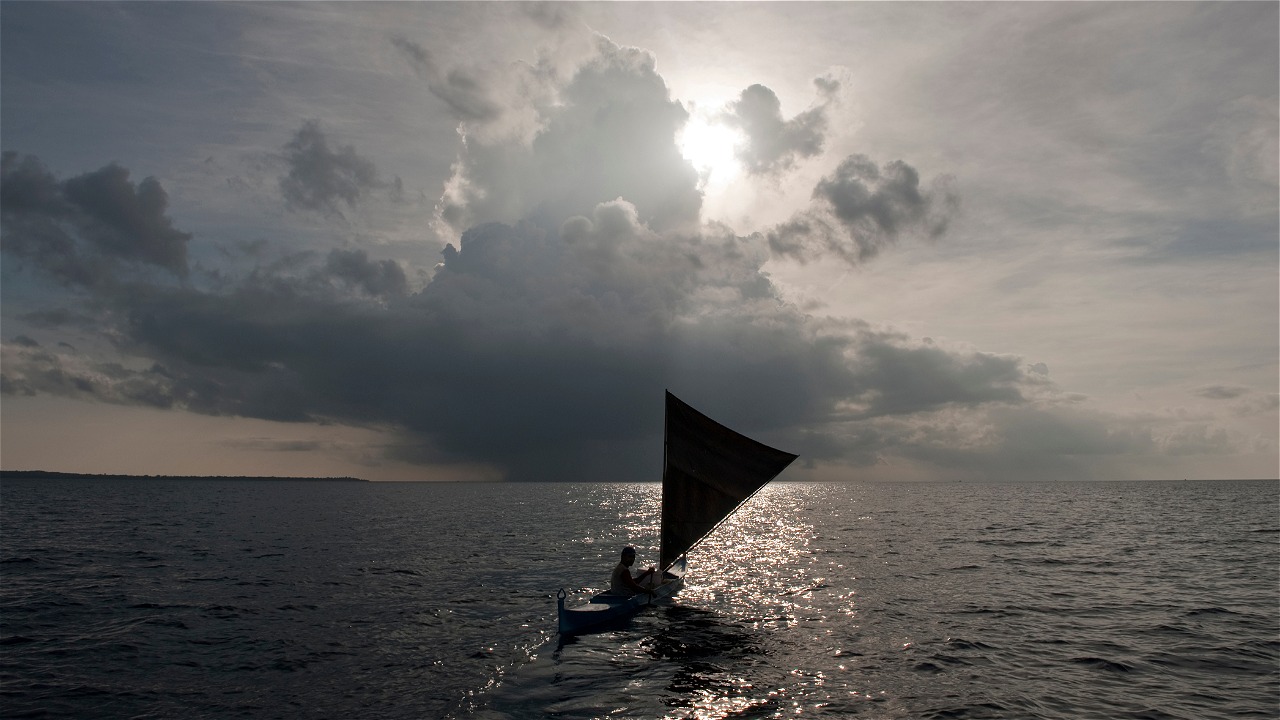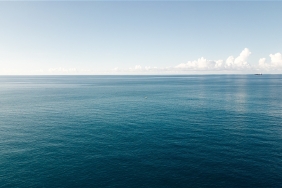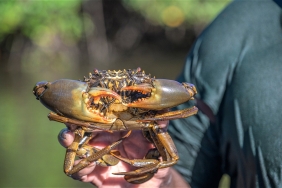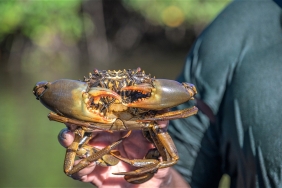REINVIGORATING SARANO WALI ON BINONGKO ISLAND, WAKATOBI
Author: Sadar (Marine Conservation Outreach and Awareness Officer, WWF-Indonesia SESS Program)
Cia-cia is one of the ethnicities on Binongko Island, Wakatobi Regency, in addition to the Mbeda-mbeda ethnicity. The Cia-cia ethnicity has a customary institution known as Sarano Wali. Sarano Wali is a religious system led by Lakina Wali (one of the representative positions of the Sultan of Buton in Binongko Island) and assisted by Bonto and Imamu (ministers and priests). According to the oral tradition of culadha tape-tape, the Sarano Wali worship system contains commands, prohibitions, and obligations of customary institutions that are obeyed by ethnic Cia-cia in seven villages and sub-villages on Binongko Island. The development of the Sarano Wali system declined as a result of Law No. 5/1979 on Village Government. The law forced villages with customary governance patterns into village administrative areas.
In 2013, Sarano Wali was revived by the government and is expected to live on as a governance system that supports conservation areas. A review of the information and rules of the game in the Sarano Wali customary collection compiled based on the culadha tape-tape was conducted. This is to ascertain whether Sarano Wali is in accordance with the previous worldview, customary norms or whether there have been revitalization improvements in the rules of the game. Socialization related to the implementation of the customary guardian management area to the Binongko Island community of Cia-cia ethnicity is also something that needs to be done immediately to see the response of the indigenous guardian community regarding the implementation of the Sarano Wali institution which is placed in the coastal sea area.
Kaombo is a Sarano Wali institution located on the coast with the aim of conservation and redistribution of marine products to the community. The strengthening of this institutional structure is done so that Sarano Wali, as a customary institution of the Cia-cia ethnicity on Binongko Island, gets recognition and the community is willing to participate in reviving this customary institution as an umbrella customary organization.
Moving to Strengthen Sarano Wali Customary Institution
On February 14-26, 2016, the Strengthening of Sarano Wali Customary Institutions activity was held in Wali Village, Binongko District, Wakatobi Regency. The Strengthening of Customary Institutions of Sarano Wali was realized in collaboration between WWF-Indonesia's Southern-Eastern Sulawesi Subseascape (SESS) program, Wakatobi National Park, Binongko Fishermen Forum (Foneb), and Negeri Sembilan Tourism (Pansel) Wali. There were 78 delegates from six villages and one urban village who participated in this activity. The delegation participants consisted of traditional leaders, youth leaders, women leaders, religious leaders, village governments, island forums, as well as the sub-district government.
From this activity, a mutual agreement was obtained that the customary institution that houses the Cia-cia ethnicity in six villages and one kelurahan as a whole still adheres to the Sarano Wali customary institution, with a customary institution structure: Sara Hu'u, Sarano Agama, Sarano Hukumu. Structurally, it is headed by Lakina Wali, Bonto Siolimbona, Lakina Agama, Lakina Manangi, Pangalasa. The duties and functions of each customary leader are set out in the customary decree of Sarano Wali as told in the oral tradition of culadha tape-tape.
During the meeting, various customary rules were also discussed, such as the decision-making mechanism in every customary activity is still through customary deliberation to reach consensus. In addition, customary rules with the management of territories and natural resources in six villages and one kelurahan, such as kaombo and moropu mosoka are still maintained. Not only related to nature, customary rules related to social institutions also exist, such as pitaka, kahamba, pika ungku, kanoti,and pa tangka. In addition, there are also some customary territorial powers referred to as sara (common property) in six villages and one kelurahan and recognized, namely: kaombo, coastal areas, mangroves, Lapungga Forest as well as historical sites and sacred sites in the Sarano Wali customary area.





